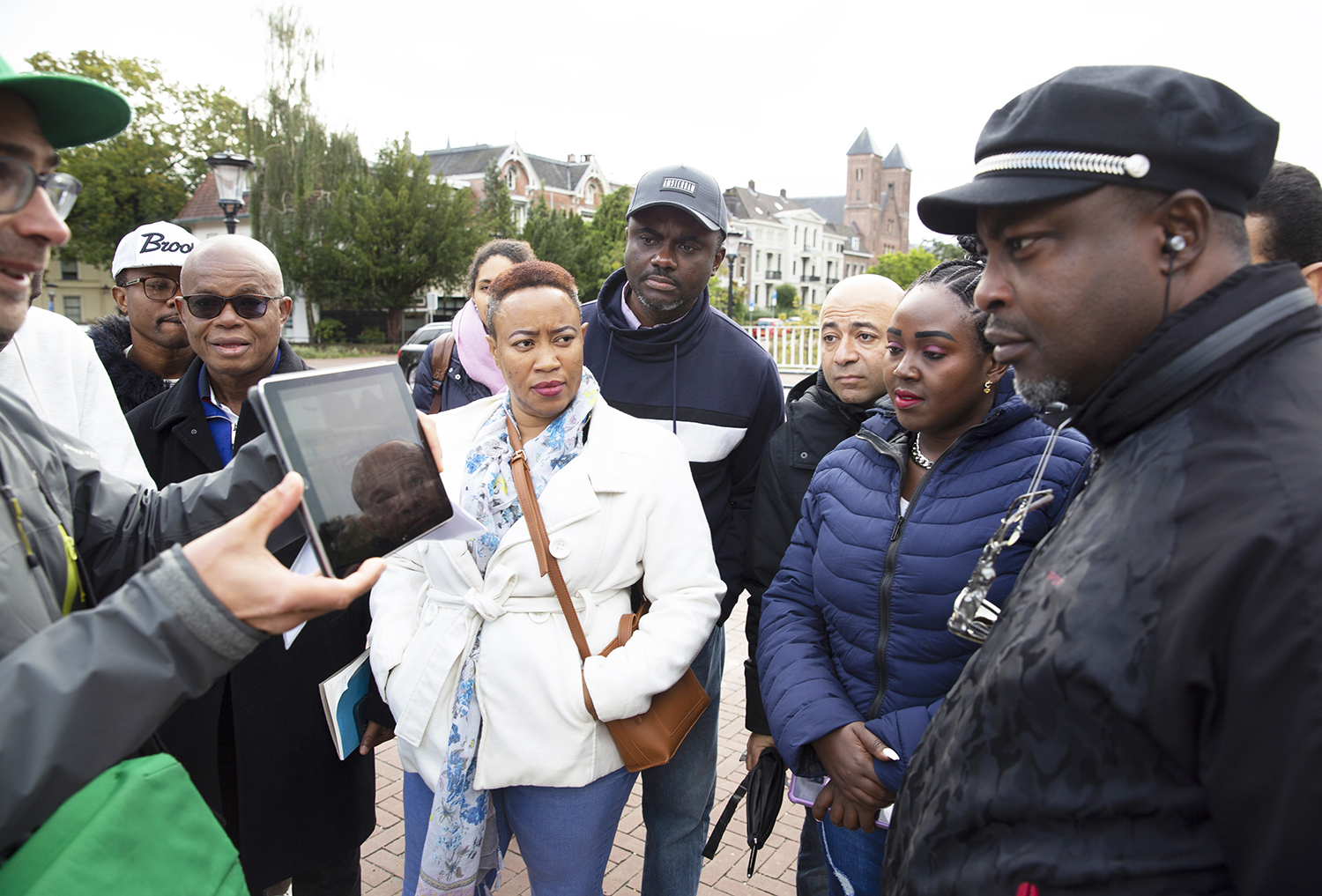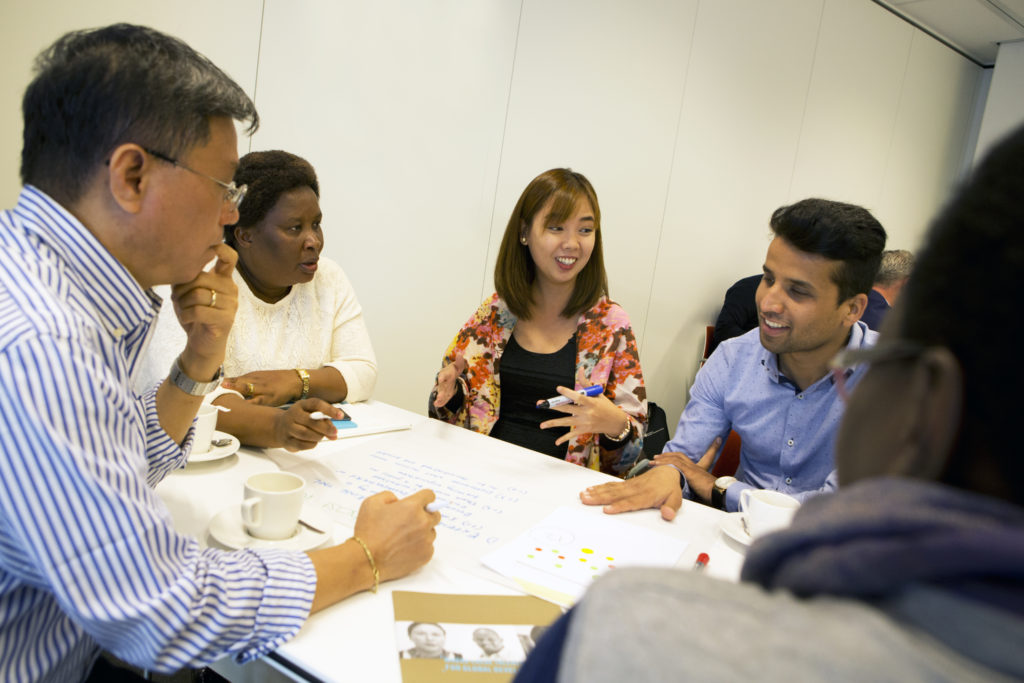
Our approach
Our programmes are characterised by a focus on the local perspective, an orientation on real-life problems and a combination of expertise with exchange and experience.
The Hague Academy for Local Governance offers practice-oriented training programmes designed by and for people working in local governance. We adopt an innovative, interactive and inclusive approach, making use of a variety of adult learning methods that suit the needs and wishes of practitioners in local governance.
Our programmes are characterised by a focus on the local perspective, an orientation on real-life problems, and a combination of expertise with exchange and experience.
A local perspective
We apply a comprehensive, cross-sectoral approach with a local perspective, involving all actors at the local level. This includes representatives from the national and regional governments, that have a coordinating and facilitating task, as well as informal power holders, civil society organisations, business and development partners.
Practice oriented
Our learning process is action-oriented and designed around real-life problems. We discuss case studies, work-related dilemmas and do’s and don’ts. We reflect on what has been learned and discuss how this relates to the local context of the participants. We help participants developing action plans and provide coaching in implementation, to support the change process in their organisations and communities.
Expertise, exchange and experience
We combine expertise in content with expertise in training delivery and we link globally with local expertise, theoretical with practical expertise. We do this by facilitating an active exchange of knowledge and experiences. Moreover, through exercises, role play, games, study visits and innovative learning methods, we actively involve participants, offering them an experience that inspires and motivates them for their work back home.
Our training programmes typically include:
- A thoroughly developed, interdisciplinary curriculum focused on the training needs of course participants and their respective local contexts
- Visits to project sites and private and public sector organisations relevant to each training topic
- Skills development exercises such as role-play and game simulations
- Reflective discussions with academics, field practitioners and citizen experts to better understand the impact of (local) government policies on communities
- Cross-linking lessons learned and best practices to convert theory into practice, especially in the context of the participants’ home countries

